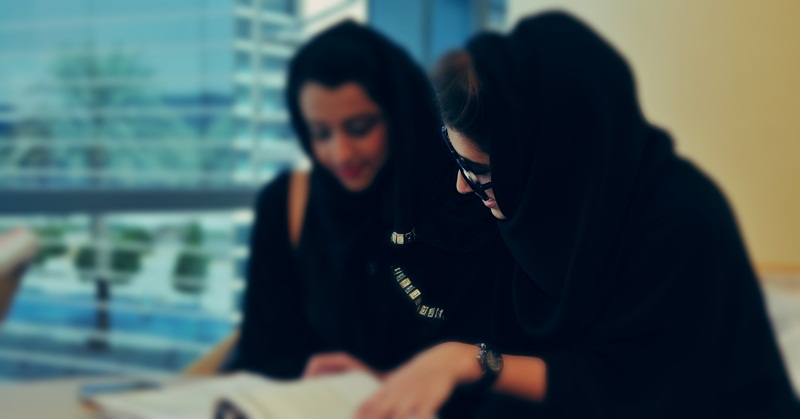It’s been a long time coming, but initiatives to boost women’s rights and benefits in the Kingdom of Saudi Arabia are only signs of better things to come.
Despite the slow progress it has made in terms of reforms promoting women’s rights, most of which have only been lobbied during the last decade, this progress is still an indication that the Kingdom is slowly but surely moving in the direction where women will have more voices, and more freedom to pursue their dreams.

Saudi Arabia Commits to Women Empowerment Initiatives
In a recent meeting at the UN headquarters in New York, Saudi Arabia has re-emphasized its commitment to the empowerment of women, as shared in a report by the Arab News.
According to the Kingdom’s permanent representative to the UN, Abdallah Al-Mouallimi, 2018 had been “the year of transformation” for the country.
Citing the achievement of UN Women in realizing most of the first-year goals of its 2018-2021 strategic plan, Al-Mouallimi shared that 2018 saw the adoption of a number of decisions that contributed to the support and empowerment of Saudi women and their access to many new fields.
“The Kingdom values UN Women’s contributions to supporting women’s political rights, empowering them economically and supporting the development of government bodies, corporations, international organizations and policies to provide women with better opportunities and help them benefit from financial services and productive resources,” Al-Mouallimi added.
He also shared that for this year, the Kingdom was cited for its experience in two of UN Women’s performance results, ‘women’s leading role in governance systems and their ability to equally benefit from them.’
Al-Mouallimi pointed out that the Kingdom’s leadership has already released many orders to eradicate discriminatory practices against women, citing the decision upheld on April 17, 2017 requiring government bodies not to ask women for consent (from male guardians) when providing them with services.
Furthermore, a royal decree appointed Princess Reema bint Bandar bin Sultan as the Kingdom’s ambassador to the US, making her the first woman to ever be appointed as an ambassador, Al-Mouallimi explained.
Accordingly, the Kingdom’s decision to allow women to drive was also received with much appreciation, not only in the country but also in the rest of the world.
Another initiative worth noting was the ‘Wusool’ programme, which offered transportation services to working women, and established a centre to help them find daycare to boost their participation in the workforce and support their professional and private stability.
Commenting on the UN strategy and plan of action on hate discourse, Al-Mouallimi explained that tolerance, understanding and open discussion are key factors in resolving those challenges, as he referred to a Muslim World League conference held last May at the UN’s New York offices, which saw senior religious leaders from various faiths, prominent intellectuals, politicians, civil and government officials from around the world, gathering with the single aim of overcoming the discourse of hatred.
ALSO READ: Here’s What to Expect on Your Visit to Saudi Arabia
